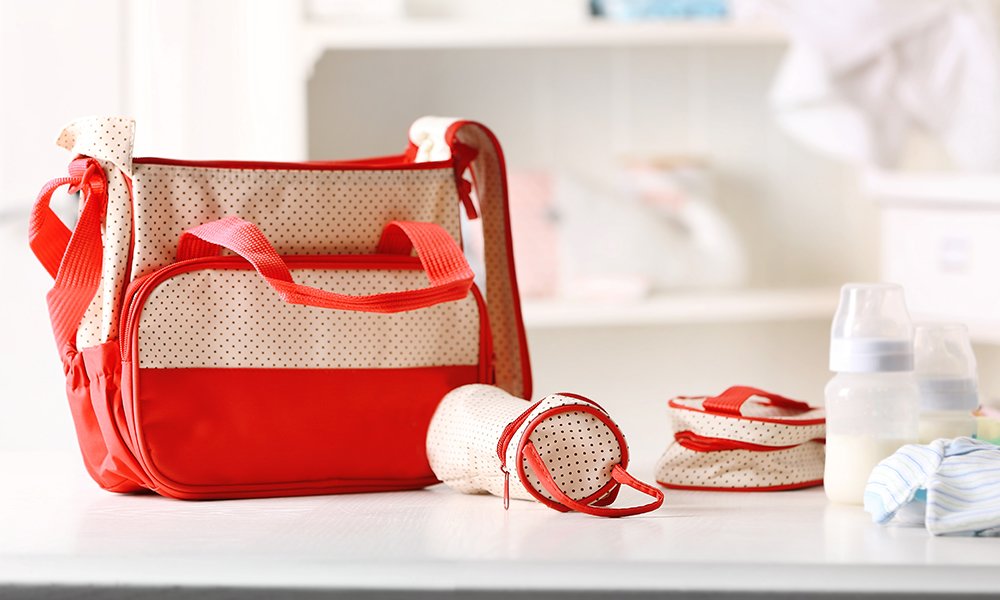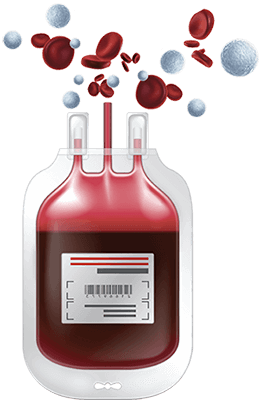Canada's Largest & Oldest Cord Blood Bank
Your every move is being closely watched, because toddlers learn from watching and imitating.
Milestones This Month

Most toddlers can
- Play pretend games
- Regularly use a handful of words
- Enjoy riding games

Half of the toddlers can
- Follow and respond to directions
- Talk clearly
- Feed a doll or an action figure

A few toddlers can
- Organize toys by shape, size and colour
- Kick a ball forward
- Dance
Toddler Development at 17 Months
Long lasting conscious memories start developing between 14 to 18 months. This means your toddlers memory events are improving, so that he or she may remember events that you even have forgotten when you revisit certain places. He or she will be able to remember exactly where a specific toy is located or even recall the sequence of events that happens during your daily routine. For instance, if you have a regular bedtime routine, he will know that a book comes right after bath time.

Your toddler is also trying to understand which actions acceptable and which ones are are not ok. Behaviours you interpret as acts of defiance are actually your toddler trying to understand your limits. “I’m not allowed to climb on the couch, but what about the stool? What would happen if I threw my food?” The key is to stay calm when you are disciplining your toddler. What’s even more important is consistency! When you (and all the other involved caregivers) are consistent with rules and boundaries, it will be easier for your toddler to parse out between what’s ok and what’s not.
Also important at this stage is keeping your body language consistent with your words. If you say “no” and follow the statement with a smile, your toddler will interpret this as an action that is ok to be repeated. It is not necessary to raise your voice but saying “no” sternly with a frown will send your toddler the correct message rather than saying “no” with a smile.
In today’s world it is next to impossible to avoid giving your toddler screen time. At this stage, you will want to watch educational TV programs with your toddler. You will want to stick to shows that target younger children and stay away from any violence. Whether you are listening to the radio or watching TV, it is a good idea to skip commercials.

Toddler Tip
Until your toddler gets completely steady, don’t forget to bring a small first aid kit with you on your outings.

Supporting Your Toddler
Feeding
The size of a 17-month-old toddlers’ meal should be approximately one-quarter of an adults. So, if you are eating a cup of macaroni and 4 meat balls for dinner, your toddler should be able to eat about a quarter cup of pasta and a meatball. Again, these are approximate measures. Some toddlers love eating and may eat as much as an adult in one sitting, while others may only finish the meal. As long as your toddler is growing and healthy, try not to worry too much about exactly how much he or she is eating.
Your toddler needs at least 700 mg of calcium per day to support bone growth and other important functions of the body. If your toddler is drinking cow milk, three cups of milk (8-ounce cups) per day is sufficient to meet the calcium requirement. If not, you should incorporate calcium-rich foods like fortified-cereals, beans or green vegetables to your toddlers’ diet.

Sleep
It is easy for an active toddler to become over-exhausted, particularly if your toddler is trying to switch from taking two daytime naps to one. Establishing a daily schedule or a routine can help make sure that your toddler is getting sufficient amounts of sleep.
Routines are even more important at bedtime. Establish a routine that will help your toddler relax and make sure that it’s simple enough, so it can be implemented by a grandparent or a caregiver when you need a night out. Teething, separation anxiety and nightmares may interrupt your toddlers’ nighttime sleep from time to time. Keeping a consistent bedtime routine can also help with navigating through these hurdles.

